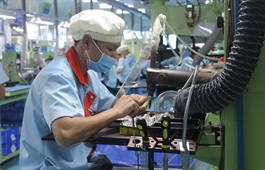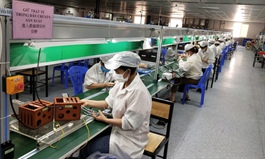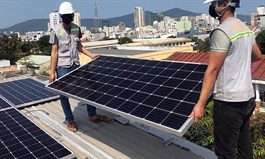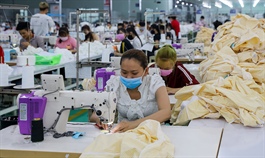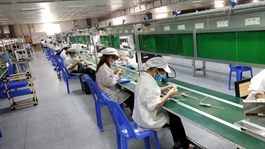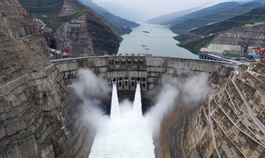FAO supports Vietnam in building sustainable food systems
FAO supports Vietnam in building sustainable food systems
The Food and Agriculture Organization of the United Nations (FAO) is working rigorously to help its member States to pursue better production, nutrition, environment and life.
FAO stands ready to provide Vietnam with the necessary assistance and normative advice to prepare for the United Nations Food Systems Summit (UNFSS) and help the country build truly sustainable and inclusive food systems in the coming years, according to Nguyen Song Ha, Assistant FAO Representative.
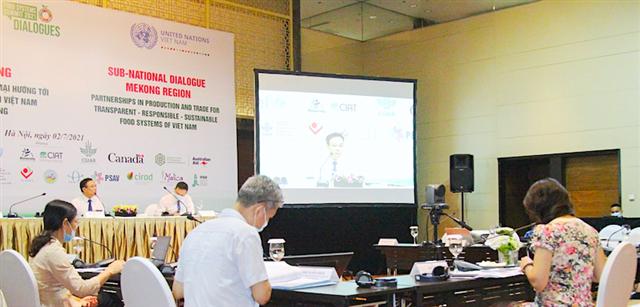
An overview of the Sub-National Dialogue Mekong Region. Photo: baodantoc
|
The commitment was made at the Sub-National Dialogue “Partnerships in Production and Trade for Transparent, Responsible and Sustainable Food Systems of Vietnam” with a specific focus on the Mekong Delta held by the Ministry of Agriculture and Rural Development (MARD), in collaboration with the FAO and the Ministry of Health on July 2.
Ha from FAO underlined the UNFSS is a focus of FAO’s strategic program in the next five years. The organization is working rigorously to help its member States improve production, nutrition, environment, and life.
Speaking at the dialogue, Le Duc Thinh, Director General of the Department of Cooperatives and Rural Development (DCRD) said the Mekong Delta is one of Vietnam’s strategic regions for food production, processing, and supply that serves both domestic consumption and export.
However, the Delta is facing significant threats posed by climate change, natural disasters, over-exploitation of resources including soil, water and ecosystems, lack of cohesion in the production and trade as well as effective coordination of basin management, Thinh added.
“Fostering healthy relationships among actors would form a solid basis for sustainable food systems in all aspects,” he said.
Under the dialogue, participants provided updates and facilitated exchange on the status, direction, solutions and initiatives to promote partnerships and collaboration among the food suppliers.
This is the fourth out of a series of five national and sub-national dialogues in the run-up towards the UNFSS, which will be held in September.
The UNFSS 2021 aims to strategize the actions to be taken to make food systems more inclusive, sustainable, resilient, and impactful to achieve the Sustainable Development Goals (SDGs) in the 2030 Agenda of the UN.
The Summit will focus on five action tracks, including: ensuring access to safe and nutritious food for all, shifting to sustainable consumption patterns, boosting nature-positive production, advancing equitable livelihoods and value distribution, and building resilience to vulnerabilities, shocks and stress.







